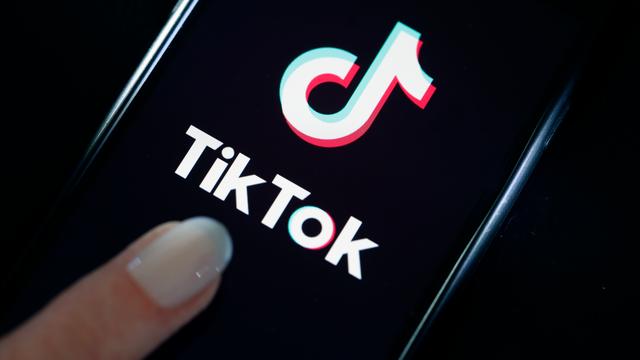
What happens in the shadows is hard to see in real life, and so it is online. Everything that happens there stays hidden – not for the world to notice what happens there, and for most of us, we won’t even notice that there are shadows at all. This might sound a little too abstract, but this is similar to how Instagram operates.
Shadow banning, I had not heard of it yet, until I read this article on the app of the Dutch newspaper NRC. This article addresses the situation between Israel and Palestine, which I will not go into detail here. Since I do not know enough about this topic, I will not express my opinion on the current situation here. What the article illustrates very clearly, is how the shadow banning works. Instagram seems to have taken a stance in the conflict and the users who seem to take a different (opposite) stance, are ‘banned to the shadows’ of Instagram. More concrete: the videos and posts of these users are seen by their followers way less than before, and their stories disappear from the top bar on the homepage of the social media app. The only way to see the stories they posted is by looking up their profiles – there you will see the well-known purple and yellow colored circle around their profile picture.
But, how do you know?
But only if you are lucky, sometimes Instagram makes these profiles untraceable until the user changes their username. The disappearance of the profiles of these users is most often not being communicated to the users themselves. In the case of shadow banning, users are not informed of the fact they are less visible on the social medium. Maybe that’s because for both parties, the user and the platform itself, it is unclear what guideline is being violated. Users learn secondhand about their account status instead of via a message from the platform itself.
Knowing that it happens
This form of censorship is something to try to be very aware of since you won’t notice it if you are not aware of the fact the shadow exists in the first place. It is not the same as censorship by the government in the ‘mainstream media’ as it is called. It is on a more personal level, where user X does not see user Y and both parties don’t know that X does not see Y – X doesn’t even know Y exists. At the same time, Y does not know his/her profile is being banned.
By not knowing the fact these activities (such as removing the stories from the homepage and making profiles hard to find) happen on social media platforms, you also don’t know what is being hidden which makes this such a scary development in the social world. How social is a platform that works this way? What happens in the shadow is not just hard to see in real life, but also on social platforms. On those platforms, it is even harder to see the presence of these shadows and thus the possibility of profiles being banned to those places in the shadows at all.
It made me wonder: how would you make sure your profile is visible again after being banned without being noticed of being less visible to your audience?



Great topic. This is the problem with social media algorithms. We never know how they work. Is my post just unpopular or have I been shadowbanned for some mysterious reason ? I’m not that much into social media, but for influencers, for example, shadowbanning is a question of revenue or even survival in the digital world, and that can lead to all sorts of controversies and conspiracy theories. It’s the modern version of “Oh, I never received your letter!” from half a century ago. It seems that on Mastodon (a lesser known and alternative social media) it’s not possible to get shadowbanned:
https://www.reddit.com/r/Mastodon/comments/11sp5zy/is_it_possible_to_get_shadow_banned_on_mastodon/
I think this is an important topic to address nowadays, thank you so much for writing about it! I find shadow banning truly scary if I am being honest. I don’t think that we should be living in a society, where it is possible to hide various users’ accounts without their knowledge due to them sharing controversial or personal topics. Naturally, if somebody is sharing harmful or hateful content online, it is important to inform the person about the policies that they need to stick to if they are using a certain app (and then delete the harmful content), but not without their knowledge. And I think that the topic being “controversial“ is certainly not a good enough reason for shadow banning – nothing is. I have been recently quite upset with seeing how divided our society gets every time there is something big happening in the world. Suddenly, everything is either black or white. You could already see it during COVID-19 times – people divided into pro-vaccine and anti-vaccine groups, without being able to communicate with each other with respect. I find the problem of shadow banning connected to this, as it is holding people back from being able to communicate with one another and share their thoughts openly. It is a type of censorship that comes without an explanation and is very harmful to everybody included.